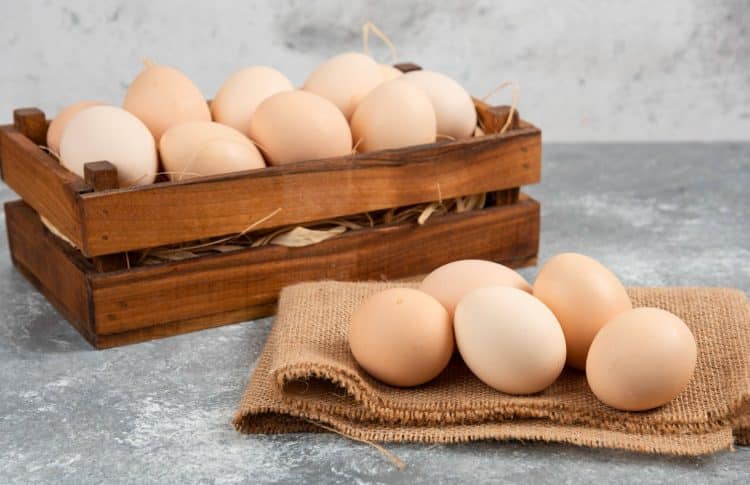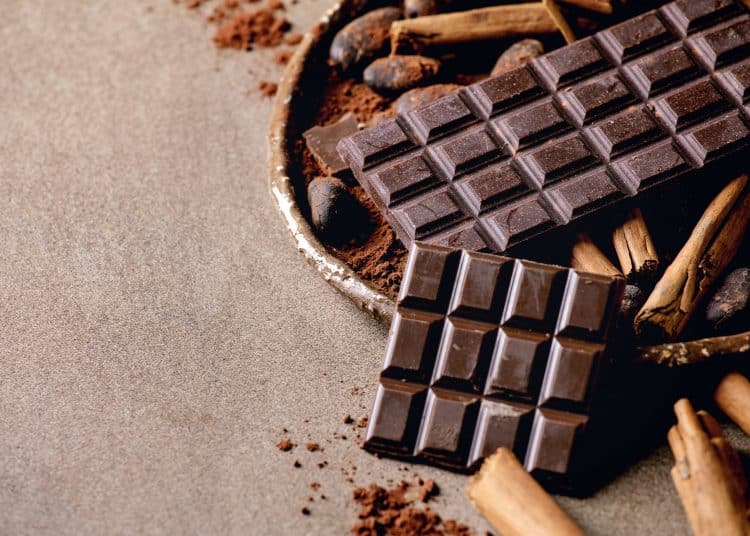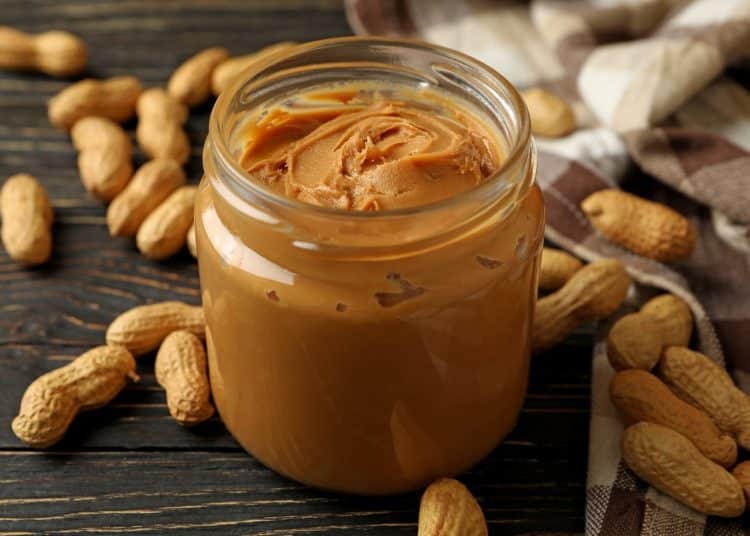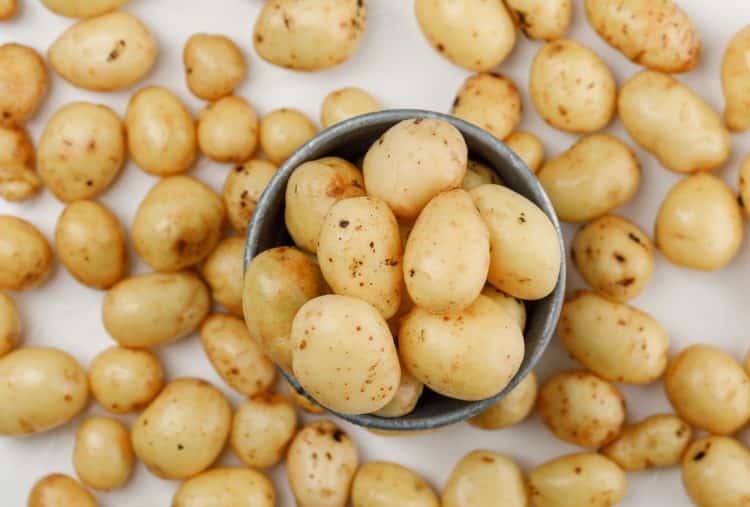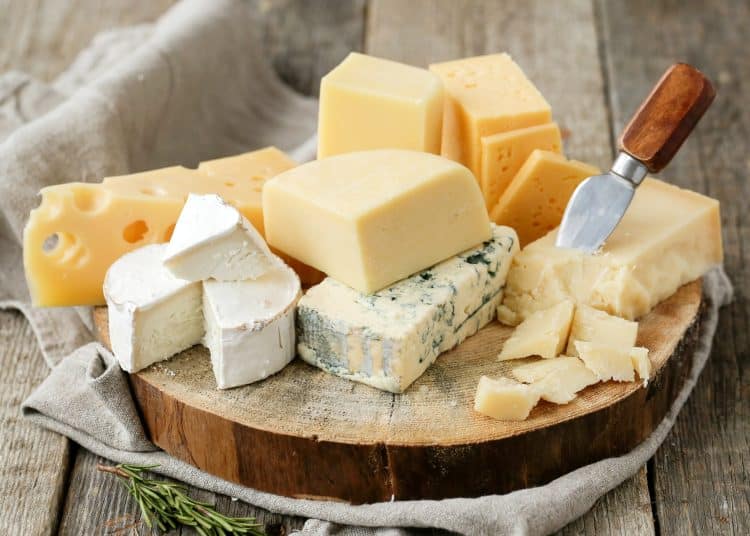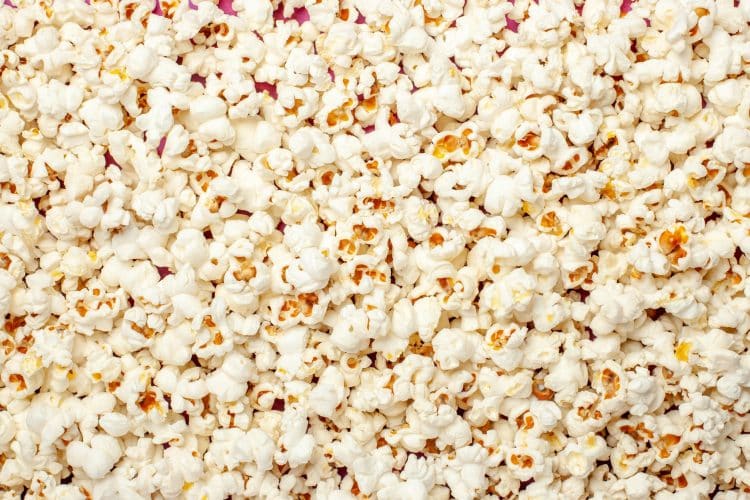You are what you eat, or so the saying goes. This makes a lot of sense because all the food you consume affects you at a molecular level. It’s not just a source of energy; your food becomes part of you.
Consequently, your diet is critical for your fitness success. For example, consume too little protein, and you risk undermining recovery and muscle growth (1). Eat too many calories, and you’ll gain fat. Fill up on sugary foods, and you run the risk of developing type II diabetes. Also, it’s worth checking out our article on diet and fat loss mistakes you need to stop making now for more helpful tips on this topic.
See, you really ARE what you eat!
That said, there are a lot of misconceptions about what foods are healthy and the foods you should avoid. In some cases, foods that are villainized can even be good for you.
I’m a veteran personal trainer who specializes in nutrition and weight loss. I also love eating, so this topic is close to my heart. In this article, I reveal eight foods that are often labeled as unhealthy that may actually do you some good!
8 “Unhealthy” Foods That Are Good for You
Have you sworn off eggs, given up coffee, or only eat chocolate on special occasions? Then I’ve got some good news for you – these foods are not unhealthy and may even be good for you!
1. Eggs
Eggs are one of the most divisive foods. While some people are legitimately allergic to them, others avoid eggs because they contain a lot of cholesterol. However, cholesterol is not as harmful as many believe.
In fact, cholesterol is a sterol that’s so important for your health that your body manufactures around 1000mg per day. It’s a critical part of cell membranes and hormones and helps synthesize several vitamins.
While you can have too much of a good thing, if you eat high-cholesterol foods, your body makes less to redress the balance. As such, eggs have very little impact on serum cholesterol levels (2). Because of this, this is no real reason to stop eating eggs, unless your doctor told you to, of course!
Instead, eggs are a valuable source of protein, selenium, phosphorous, zinc, and vitamins A, B2, B5, B6, B12, D, and E. They’re also cheap, easy to cook, and delicious. Consequently, most people can safely eat several eggs a day.
2. Dark Chocolate
My clients are often surprised to learn that I am not only a fan of chocolate, but I actively encourage them to eat it. Contrary to popular opinion, chocolate is not unhealthy. In contrast, it’s incredibly good for you!
Cocoa, the main ingredient in chocolate, is high in antioxidants and can improve mood and brain function. In addition, it’s good for your heart (3). Chocolate is also a satisfying treat that many people love. I often have an ounce or two when I feel like I need a treat.
However, it’s essential to differentiate between regular and dark chocolate. The former contains relatively little cocoa but large amounts of sugar and milk. In contrast, dark chocolate contains more healthful cocoa and far less sugar and milk. In essence, dark chocolate is purer.
I recommend 70%+ cocoa chocolate. It’s much richer, so you’ll get more of a cocoa hit in a smaller portion. Let your chocolate melt in your mouth instead of chomping it quickly – it’s far more satisfying to eat that way and lasts longer, too.
3. Coffee
We’re often told that coffee is unhealthy and that we should drink tea instead. Criticisms of coffee include that it’s a diuretic that can contribute to dehydration, and that it can cause anxiety and disrupted sleep.
These concerns are not unfounded, and some people are very sensitive to the effects of caffeine. However, if you tolerate it well, there is no reason to quit coffee. In contrast, coffee has some very notable health benefits.
In studies, coffee is shown to be rich in antioxidants, good for your mental health and cognitive function, lowers your risk of Parkinson’s and Alzheimer’s diseases, and protects against type II diabetes and some cancers (4).
That said, it’s important to stress that some coffee sources are better than others. For example, fresh-brewed coffee is nutritionally very different from a coffee-shop frappe, which contains masses of sugar and hundreds of calories.
4. Peanut Butter
Peanut butter is high in calories and fat, but that doesn’t make it unhealthy. In actuality, studies suggest that consuming peanut butter can help lower your risk of type II diabetes and heart disease, improve memory, and lower your chances of dying prematurely (5).
That said, not all peanut butter is created equal. Some varieties contain added sugar and hydrogenated oils, both of which are harmful to your health. So, if you plan on enjoying some peanut butter, choose a natural variety with no added ingredients.
5. Avocado
Most people know that fruit is healthy. It’s a valuable source of vitamins, minerals, and fiber. After all, as the saying goes, an apple a day keeps the doctor away, right? However, some people avoid avocados because, unlike most other fruits, they contain a lot of fat.
While avocados are high in fat, that fat is primarily monosaturated, strongly linked to improved cardiovascular health (6). They’re also high in vitamins, minerals, and fiber. As an added benefit, avocados are low in sugar, so they won’t affect your blood glucose levels.
That said, while avocados are healthy, it’s best to avoid store-bought guacamole and other mass-produced avocado products. They often contain hydrogenated oils and other less beneficial ingredients.
6. Potatoes
Potatoes are often said to be fattening. This criticism has some merit because potatoes contain more calories than most other vegetables. However, while they are quite calorie-dense, potatoes are also nutritional powerhouses that offer many health benefits.
The humble potato contains several healthful compounds, including vitamins, minerals, and antioxidants. They’re also high in fiber – especially the skins. Consumption of potatoes is linked to a reduced risk of cardiovascular disease, diabetes, and some types of cancer (7).
That said, how you cook your potatoes will have a significant impact on their healthfulness. While lightly boiled potatoes with a bit of sea salt and ground pepper will do you nothing but good, French fries and potato chips are best eaten in moderation if consumed at all.
And what about white vs. sweet potatoes? Is one better for you than the other? The truth is that sweet potatoes are slightly more nutritious, but there really isn’t much in it. Eat the variety you prefer, and don’t worry if white potatoes are your favorite.
7. Cheese
Cheese is high in fat and calories. As such, many people assume that it’s best to avoid it. However, while eating too much cheese could contribute to weight gain, there is no other reason to label cheese as unhealthy.
In studies, cheese consumption may lead to (8):
- Reduced risk of cardiovascular disease
- Decreased incidence of cardiovascular disease (CVD)
- Lower occurrence of coronary heart disease (CHD)
- Diminished risk of stroke
- Reduced risk of estrogen receptor-negative (ER-) breast cancer
- Lower incidence of type 2 diabetes
- Decreased risk of total fractures
- Lower risk of dementia
In addition, eating cheese may help you recover from exercise and build muscle faster. Studies indicate that cheese increases muscle protein synthesis, making it a valuable food for bodybuilders and general exercisers (9). Tasty AND good for you? Pass the cheese, please!
8. Popcorn
Are you looking for a low-calorie snack that’s filling and healthy? Surprisingly, popcorn could be the perfect option. Contrary to what many believe, popcorn is very good for you and won’t derail your diet.
Of course, I’m talking about natural popcorn without lots of added sugar or oil. Consequently, the stuff you get at the movies is generally best avoided.
Popcorn is high in fiber and low in calories. Additionally, it contains an abundance of the class of antioxidants known as phenolic acids (10). The benefits of phenolic acids include:
- Antioxidant protection
- Heart health
- Anti-inflammatory properties
- Cancer prevention
- Improved cognitive function
- Blood sugar regulation
- Gut health
- Weight management
- Skin health
- Joint health
Needless to say, the best popcorn is the stuff you make yourself. That way, you can ensure that you aren’t consuming any unhealthy ingredients like sugar or hydrogenated oils. The good news is that popcorn is very easy to make, and you don’t even need a popping machine.
Read also: Low-Carb Alternatives to Bread, Potatoes, Rice, and Pasta
Closing Thoughts
Food is a very emotive subject. After all, eating is one of life’s pleasures. Unfortunately, some foods are labeled as unhealthy when they’re actually perfectly safe to eat and may even be good for you. Coffee, chocolate, cheese, and peanut butter all fall into this category.
While many of these foods are high in calories, that’s their only downside. High-calorie density doesn’t automatically mean a food is bad for you. Rather, it just means you must eat it in moderation to lose or avoid gaining weight.
So, feel free to add these eight foods back into your diet. In most cases, their benefits far outweigh any potential drawbacks. That said, if you are allergic or intolerant to any of these foods, you should continue to avoid them.
References:
- Jäger R, Kerksick CM, Campbell BI, Cribb PJ, Wells SD, Skwiat TM, Purpura M, Ziegenfuss TN, Ferrando AA, Arent SM, Smith-Ryan AE, Stout JR, Arciero PJ, Ormsbee MJ, Taylor LW, Wilborn CD, Kalman DS, Kreider RB, Willoughby DS, Hoffman JR, Krzykowski JL, Antonio J. International Society of Sports Nutrition Position Stand: protein and exercise. J Int Soc Sports Nutr. 2017 Jun 20;14:20. doi: 10.1186/s12970-017-0177-8. PMID: 28642676; PMCID: PMC5477153.
- Griffin BA. Eggs: good or bad? Proc Nutr Soc. 2016 Aug;75(3):259-64. doi: 10.1017/S0029665116000215. Epub 2016 Apr 29. PMID: 27126575.
- Tan TYC, Lim XY, Yeo JHH, Lee SWH, Lai NM. The Health Effects of Chocolate and Cocoa: A Systematic Review. Nutrients. 2021 Aug 24;13(9):2909. doi: 10.3390/nu13092909. PMID: 34578786; PMCID: PMC8470865.
- Safe S, Kothari J, Hailemariam A, Upadhyay S, Davidson LA, Chapkin RS. Health Benefits of Coffee Consumption for Cancer and Other Diseases and Mechanisms of Action. Int J Mol Sci. 2023 Jan 31;24(3):2706. doi: 10.3390/ijms24032706. PMID: 36769029; PMCID: PMC9916720.
- Amba V, Murphy G, Etemadi A, Wang S, Abnet CC, Hashemian M. Nut and Peanut Butter Consumption and Mortality in the National Institutes of Health-AARP Diet and Health Study. Nutrients. 2019 Jul 2;11(7):1508. doi: 10.3390/nu11071508. PMID: 31269682; PMCID: PMC6682967.
- Dreher ML, Davenport AJ. Hass avocado composition and potential health effects. Crit Rev Food Sci Nutr. 2013;53(7):738-50. doi: 10.1080/10408398.2011.556759. PMID: 23638933; PMCID: PMC3664913.
- Visvanathan R, Jayathilake C, Chaminda Jayawardana B, Liyanage R. Health-beneficial properties of potato and compounds of interest. J Sci Food Agric. 2016 Dec;96(15):4850-4860. doi: 10.1002/jsfa.7848. Epub 2016 Jul 7. PMID: 27301296.
- Zhang M, Dong X, Huang Z, Li X, Zhao Y, Wang Y, Zhu H, Fang A, Giovannucci EL. Cheese consumption and multiple health outcomes: an umbrella review and updated meta-analysis of prospective studies. Adv Nutr. 2023 Sep;14(5):1170-1186. doi: 10.1016/j.advnut.2023.06.007. Epub 2023 Jun 15. PMID: 37328108; PMCID: PMC10509445.
- Hermans WJH, Fuchs CJ, Hendriks FK, Houben LHP, Senden JM, Verdijk LB, van Loon LJC. Cheese Ingestion Increases Muscle Protein Synthesis Rates Both at Rest and During Recovery from Exercise in Healthy, Young Males: A Randomized Parallel-Group Trial. J Nutr. 2022 Apr 1;152(4):1022-1030. doi: 10.1093/jn/nxac007. PMID: 35020907; PMCID: PMC8971000.
- Coco MG Jr, Vinson JA. Analysis of Popcorn for Antioxidant Capacity and Total Phenolic Content. Antioxidants (Basel). 2019 Jan 14;8(1):22. doi: 10.3390/antiox8010022. PMID: 30646597; PMCID: PMC6356482.
Article Updates Timeline:
Our editorial team experts constantly update the articles with new information & research, ensuring you always have access to the latest and most reliable information.
January 5, 2024
Written By
Patrick Dale, PT, ex-Marine
Fact Checked By
Dr. Malik
Tip: If you're signed in to Google, tap Follow.



